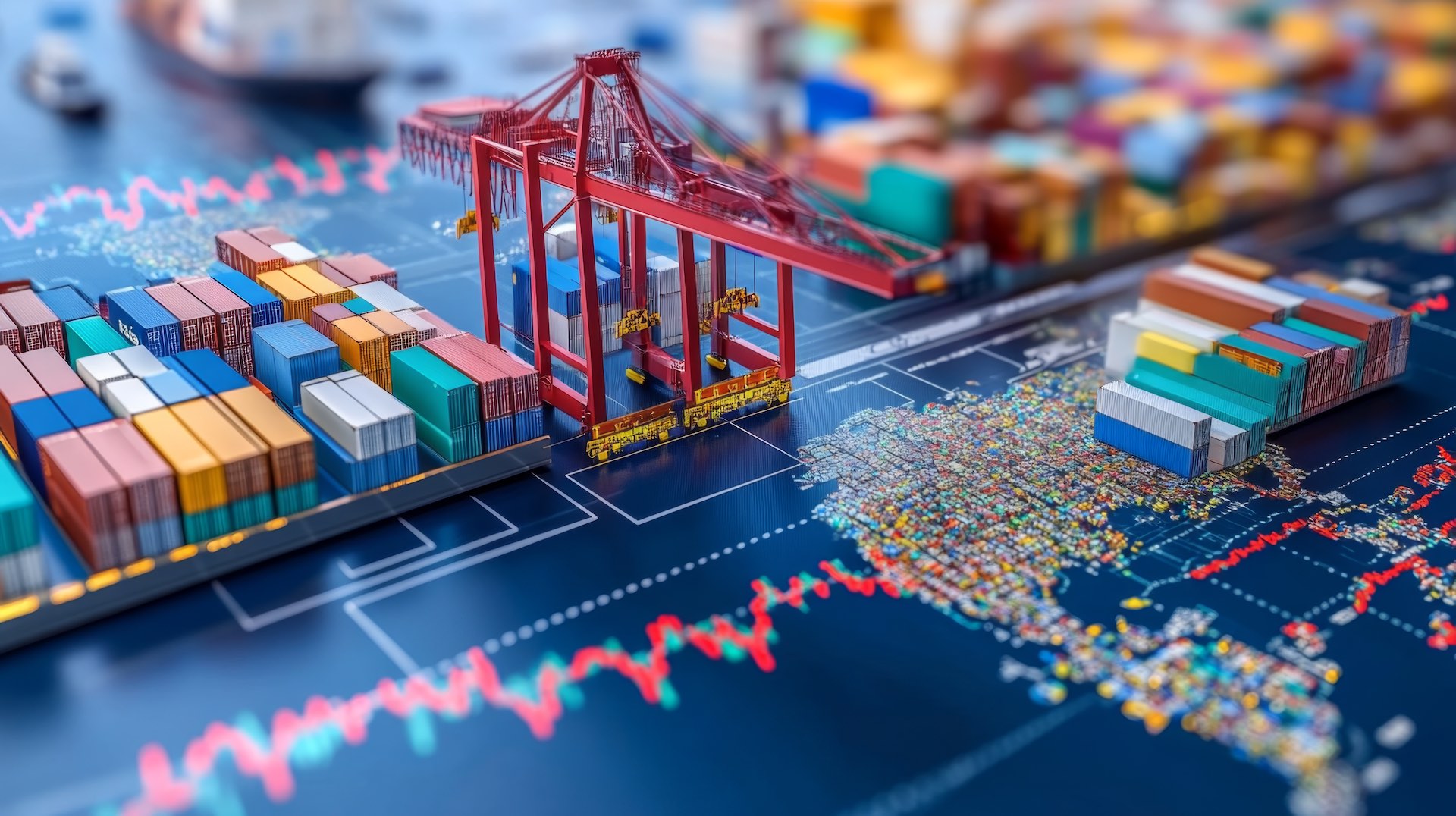Green Barriers: How Trade Taxes Might Save Our Planet

In the complex world of global trade and environmental policy, an unexpected hero might be emerging: tariffs. While traditionally viewed as economic tools, these trade barriers could potentially become powerful weapons in the fight against climate change.
Imagine a scenario where countries impose targeted tariffs on goods produced with high carbon emissions. This approach could fundamentally reshape international manufacturing practices, incentivizing companies to adopt greener production methods. By making carbon-intensive products more expensive, nations could effectively nudge industries toward more sustainable practices.
Recent studies suggest that strategic tariff implementation could drive significant environmental improvements. Countries like the European Union are already exploring carbon border adjustment mechanisms, which would tax imported goods based on their carbon footprint. This innovative approach creates a financial disincentive for pollution-heavy manufacturing while protecting domestic industries that invest in cleaner technologies.
The potential benefits extend beyond simple economic penalties. Such tariffs could accelerate global technological innovation, pushing manufacturers to develop more energy-efficient processes and low-carbon alternatives. Developing countries might find themselves motivated to modernize their industrial infrastructure, leapfrogging older, polluting technologies.
However, challenges remain. Implementing such tariffs requires delicate international negotiations and careful economic planning. Critics argue that these measures could potentially harm developing economies or create trade tensions. The key lies in crafting nuanced, collaborative approaches that balance environmental goals with economic fairness.
As climate change becomes an increasingly urgent global priority, creative policy solutions like carbon-focused tariffs offer a promising path forward. By transforming trade barriers into environmental tools, we might just discover an unexpected strategy for combating global warming.
